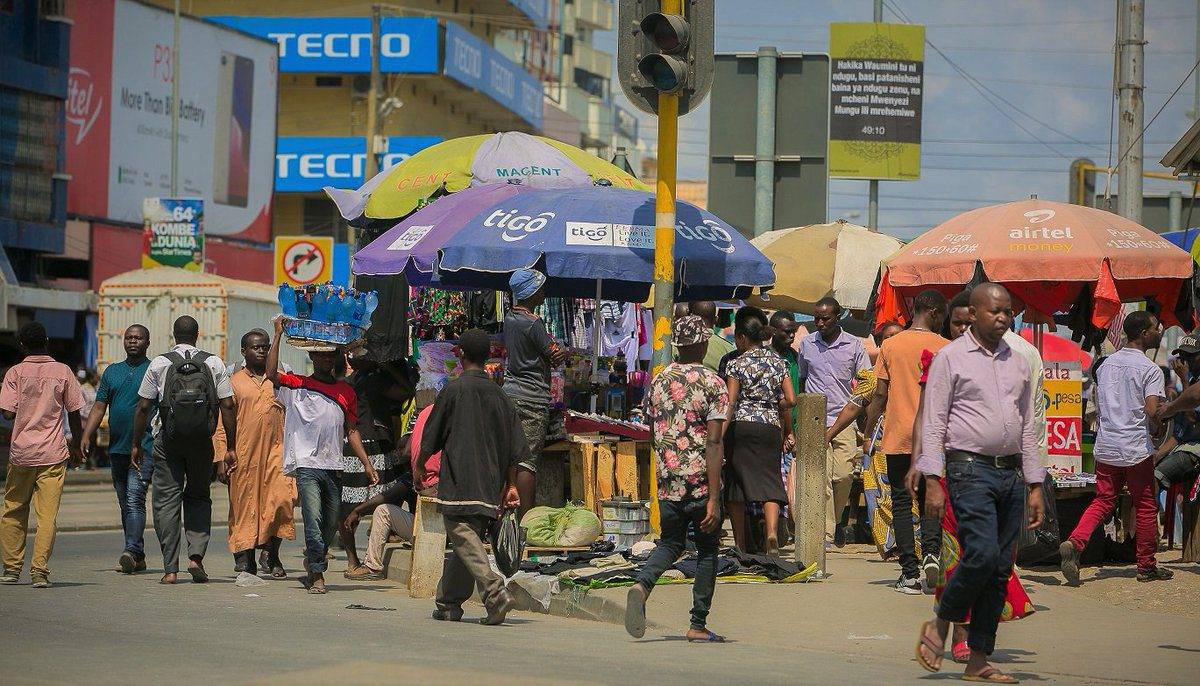A Tanzanian Internet Service Provider Has Been Fined USD 5 Mn For Regulatory Violations

One of the leading internet service providers in Tanzania, Raha Liquid Telecom, appears to have gotten itself into regulatory trouble.
Friday 28th, the Tanzania Telecommunication Regulatory Authority (TCRA) slapped the ISP with a fine over TSh 11.8 Bn, which is more than USD 5 Mn.
License/Security
A statement from the East African country’s telecoms watchdog indicates that Raha violated regulations by using radio communication frequencies in the range of 1452-1482 MHZ without a license.
Apparently, the wireless operator has been using the frequency since March 24th without prior approval from the TCRA. With this, Raha joins the list of African telecom operators who have gotten into license-related back-and-forths with their regulators.
Last month, Telma Madagascar switched on the island nation’s first commercial 5G connection. But, only a few weeks later, the Agency for Regulation of Technology and Communication, ordered the telco to suspend the service.
Reportedly, Telma was not authorised to go ahead with the launch, and was operating on a temporary authorisation granted by the regulatory authority. The authorisation was, apparently, valid for only a month.
In December 2019, the TCRA fined a handful of Tanzanian telcos TSh 5.9 Bn (over USD 2 Mn) for failing to provide the quality services mandated by the government.
Somewhat similarly, MTN is being mandated to list on the Ugandan Stock Exchange before it would be able to renew its operating license in the East African country.
Meanwhile, Raha Limited is getting another fine of TSh 40 Mn (over USD 17 K) for four failures. According to TCRA, the ISP faltered in submitting its financial statements and its annual strategic plan for human resource development. The firm also failed to apply for an operating license early enough.
James Kilaba, Director General of TCRA, pointed out that the frequency used by Raha is too sensitive for authorities to allow ISPs to use without permission.
He explained in a news conference in Dar es Salaam that the firm’s use of the frequencies could comprise the country’s security.
First Movers
Raha provides fiber, satellite, WiMax and Wi-Fi connectivity services to over 1,500 Tanzania-based businesses. It also serves a growing number of retail customers.
South Africa’s Liquid Telecom acquired the company in 2017 for an unspecified amount, after which it was rebranded to Raha Liquid Telecom.
There are plans plans to invest in the rollout of more fiber across Tanzania to enable access to high-speed internet and reliable broadband to more businesses and households.
The SA firm’s extensive fibre network runs from Cape Town, through Dar es Salaam and onto Nairobi, stretching over 40,000km and connecting 12 countries.
Raha’s share of the country’s internet market is unclear. However, as of 2017, the carrier had 150 free Wi-Fi hotspots across all major Tanzanian cities. All of these services were enjoyed by more than 150,000 people.
Raha’s expansion was meant to provide high-speed connectivity to more state schools across the country, supporting key education initiatives by the Tanzanian government. But now, authorities have given the firm a 90-day ultimatum to pay the fine or risk further action.
Nevertheless, should Raha find the ruling of the regulator unfair, ‘they are at liberty to appeal to Fair Competition Tribunal (FCT)’.
One of the first movers of internet services in Tanzania, Raha launched in 1996 with the foremost dial-up offer in the country. The firm was also the first to introduce VSAT services, fixed wireless, cable-based internet and WiMAX.
The provider operates a 400 km of metro fibre optic network throughout the Central Business District (CBD) of Dar es Salaam. It also serves other areas of the Tanzanian capital.
Featured Image: Twimg Via Twitter